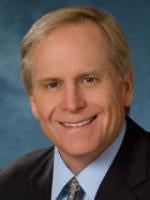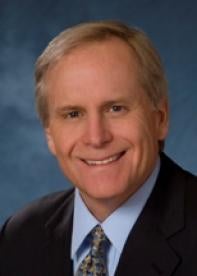For decades, more than three to be more precise (e.g. see http://www.dei.unipd.it/~pettarin/fsfs2/fsfs2.xhtml), the anti-software patent zealots have been declaring the uselessness of patents on machine-implemented processes, or predicting the end of the software industry as we know it. First, the battle cry was “software patents are useless because software technology evolves too fast for patents to be of use.” But that criticism was soon proved to be false, as a great number of pioneering inventions lasted longer or nearly as long as the 20 year patent term. When the viability of patent protection for programmed computers became evident, the mantra became “software patents will destroy software innovation.” That mantra obviously proved wrong again! Interestingly, some of the most intensive patenting efforts have been undertaken in the mobile computing/smart phone market, where patent protection is now being aggressively used by various innovative companies to fend off unfair copying by imitators or outright intellectual property thieves. Again, far from destroying the smart phone market, the smart phone market continues to grow rapidly, in no small part due to the ability of innovative companies to obtain a fair return on investment in the ground-breaking R&D that has helped fuel that market’s growth.
So one is left to wonder, why do certain elements of the software industry continue to insist that patents on programmed devices such as smart phones, tablet computers or personal computers in general should not be entitled to patent protection simply because they operate in accordance with a sequence of computer instructions instead of being hard-wired?
Recently, it occurred to me that there is indeed a difference, but it is not a difference in the nature of software vs. other technologies, a differentiation that does not stand up to unbiased scrutiny, particularly now that virtually all electronic devices are in large part programmable on one level or another, but rather in the nature of the relationship of inventor to manufacturer. More particularly, in most industries inventors are largely separated or insulated from the management of intellectual property rights – i.e., the typical inventor is told what he or she is permitted to copy or imitate, follows those rules, and generally needs to worry no further concerning the risk of his or her company being sued for misappropriation of another party’s IP.
On the other hand, computer programmers see themselves in a different way: almost all of them see themselves as actual or at least potential manufacturing entities (even if only as a hobby), exposed directly to the responsibilities and risks of a complex system for protecting innovation from being unfairly copied. However, the risk and complexity of the patent system is a cost of doing business beyond the means of the typical programmer. The barrier of the patent system thus becomes personal to a great many software developers, who see it as an infringement on their personal rights, as opposed to a business challenge or opportunity. Again, these business challenges rarely are taken personally by inventors in other disciplines — they almost universally work for the entities that manufacture products and manage the attendant IP rights.
While in the main it is rare for a mom and pop software manufacturer to face ruinous patent threats, as I have pointed out in a prior posting, perhaps the answer to the perpetual software patent debate lies not in trying to reduce intellectual property protection in an age where intellectual property forms a larger and larger part of our nation’s wealth (not to mention playing right into the hands of unscrupulous competitors in copycat countries that are licking their chops at the possibility to clone iPhones, iPads and more), but rather in addressing what is probably the real cause of most software patent consternation by volume – programmers who take patent infringement risk personally. For example, Section 35 U.S.C. 287 (c) of the US patent law provides a limited exemption to surgeons who may infringe a US patent in the course of treating a patient. Perhaps a similarly styled exemption could relieve micro-entity software programmers or companies from liability for producing infringing computer programs until they are given fair notice detailing the basis for infringement, and a reasonable period of time to design around the patent or challenge it in a reexamination proceeding. Of course there would be many loopholes to consider that may make this approach difficult to enact, but I think perhaps this proposal may get the hopelessly deadlocked software patent debate off dead-center and create a win-win situation for all parties.



 i
i

